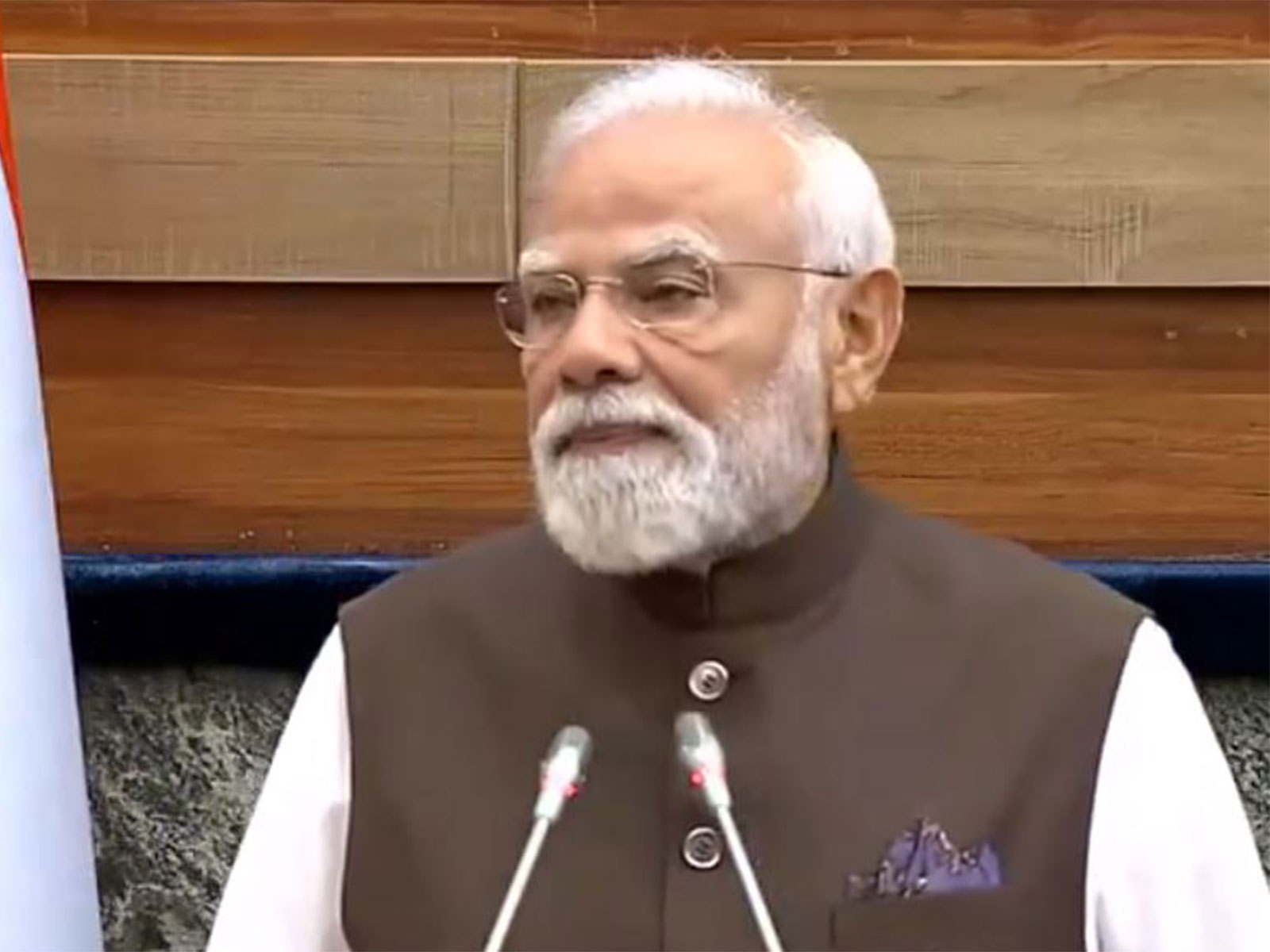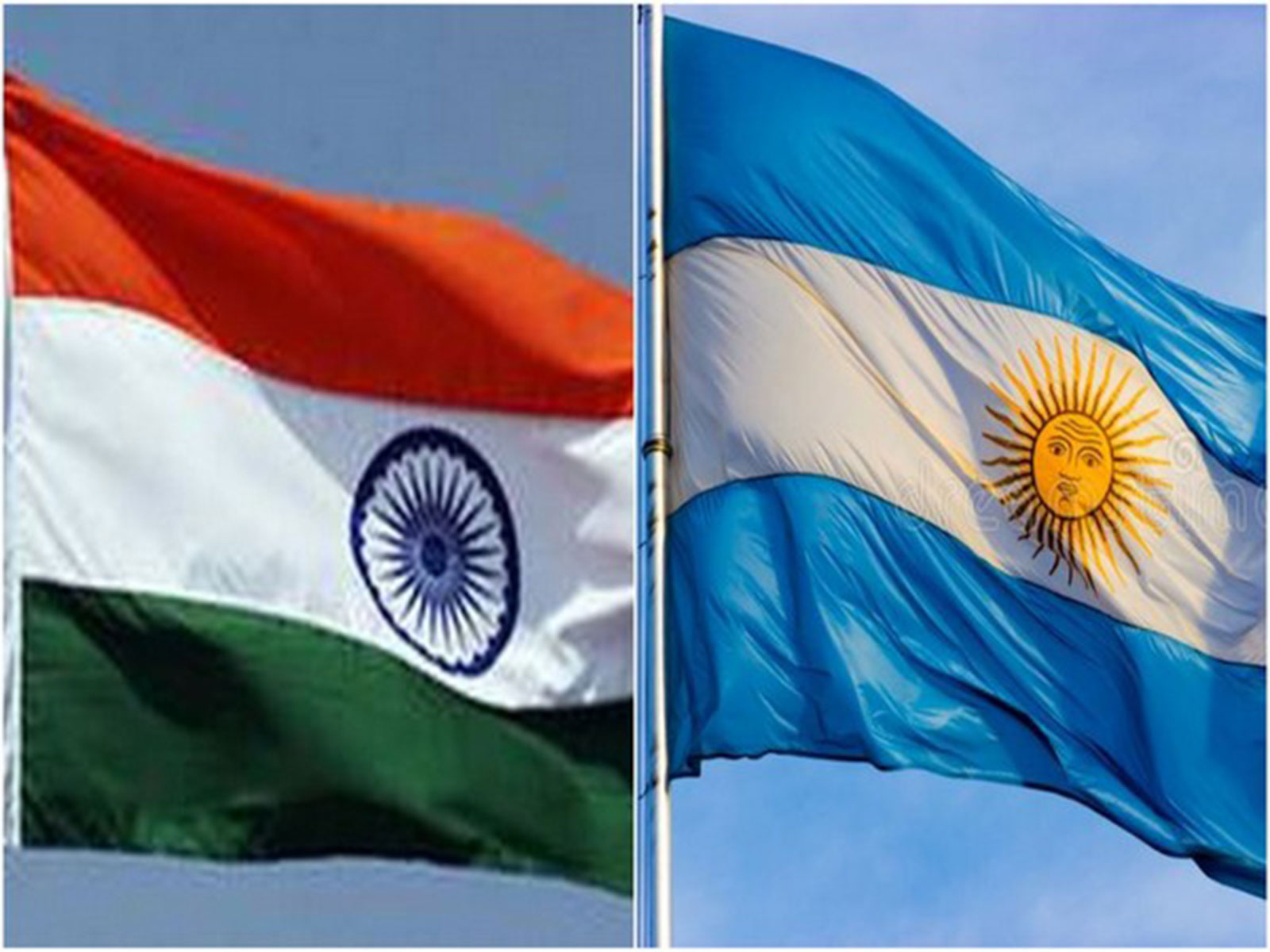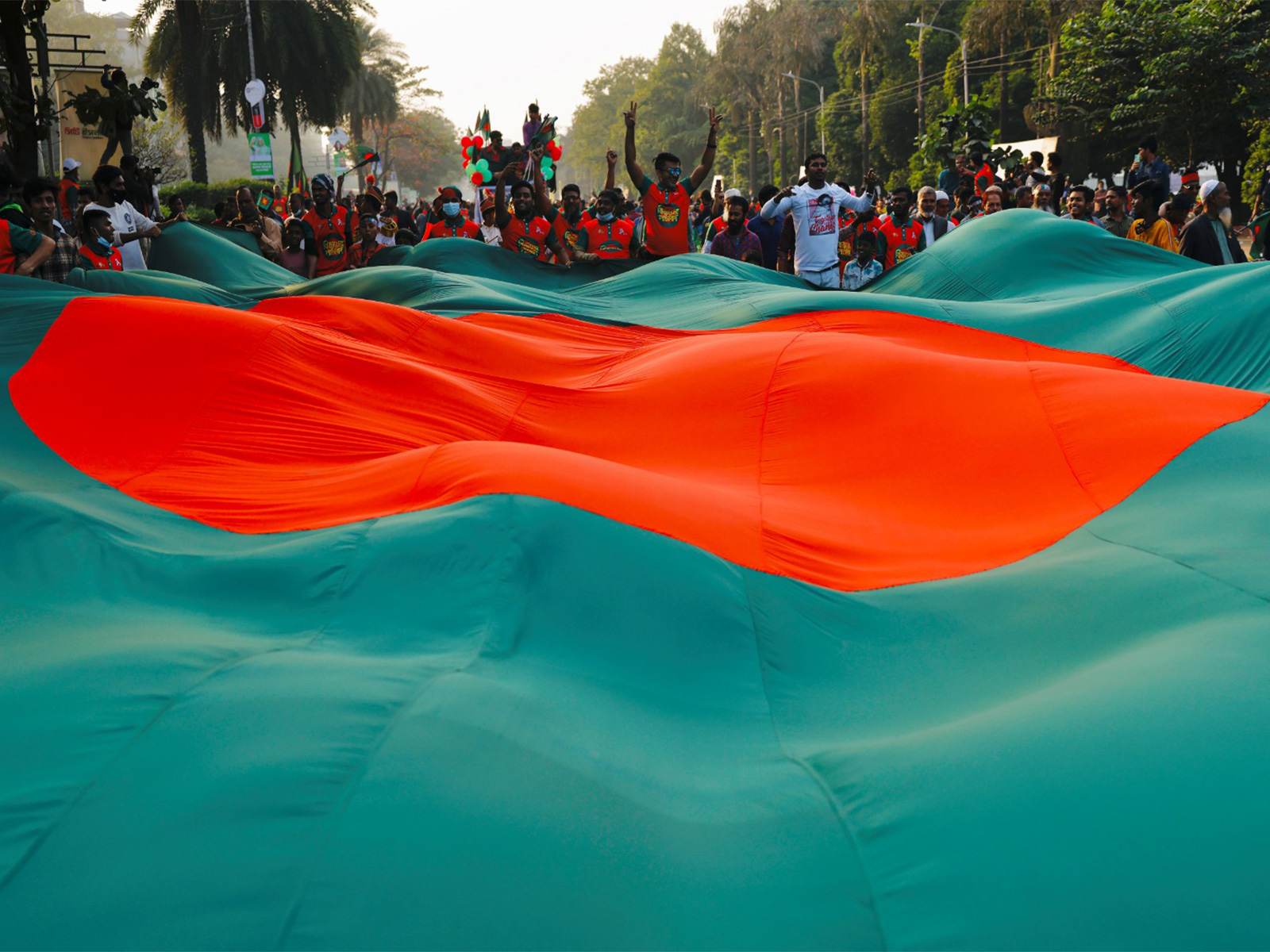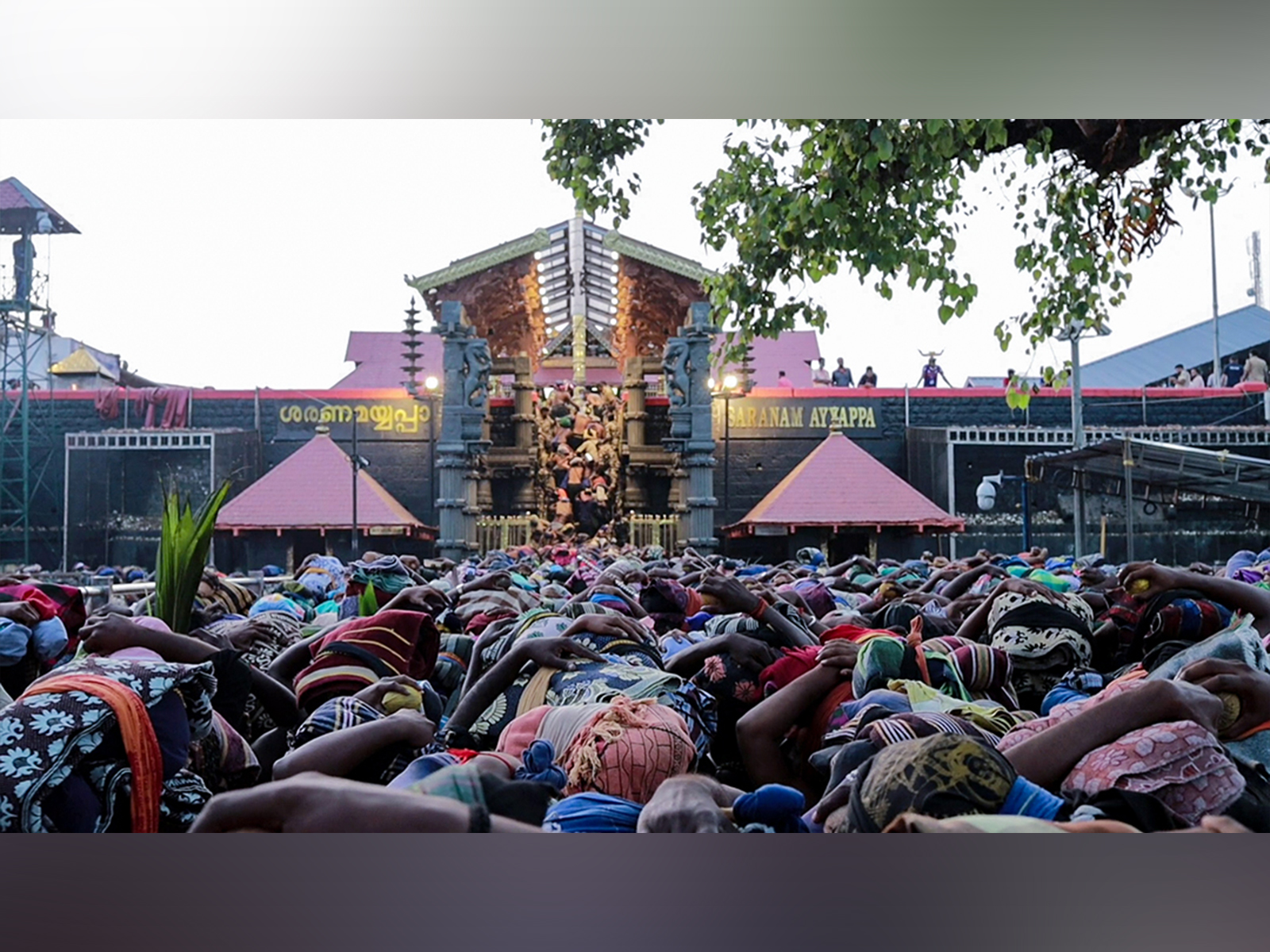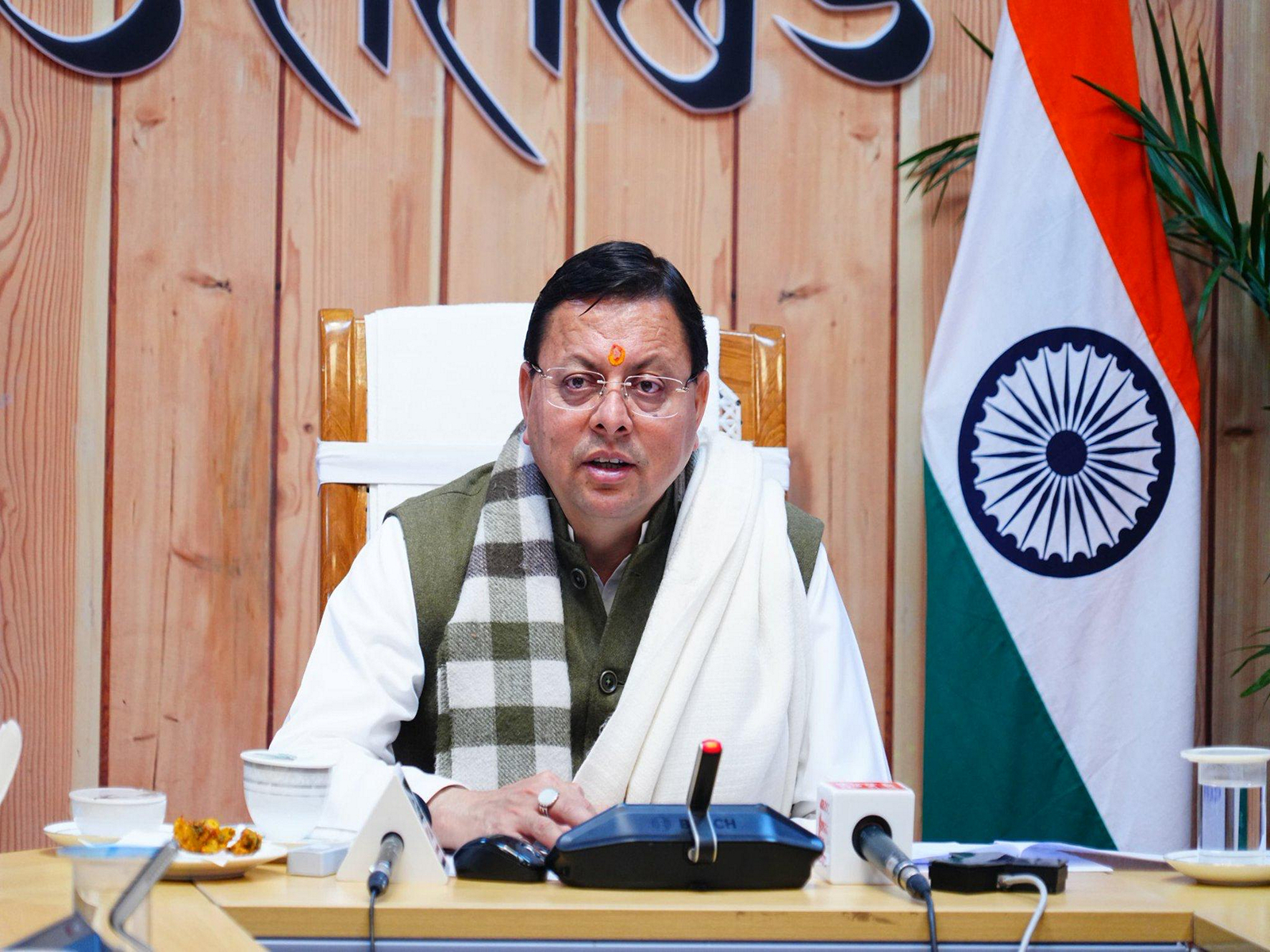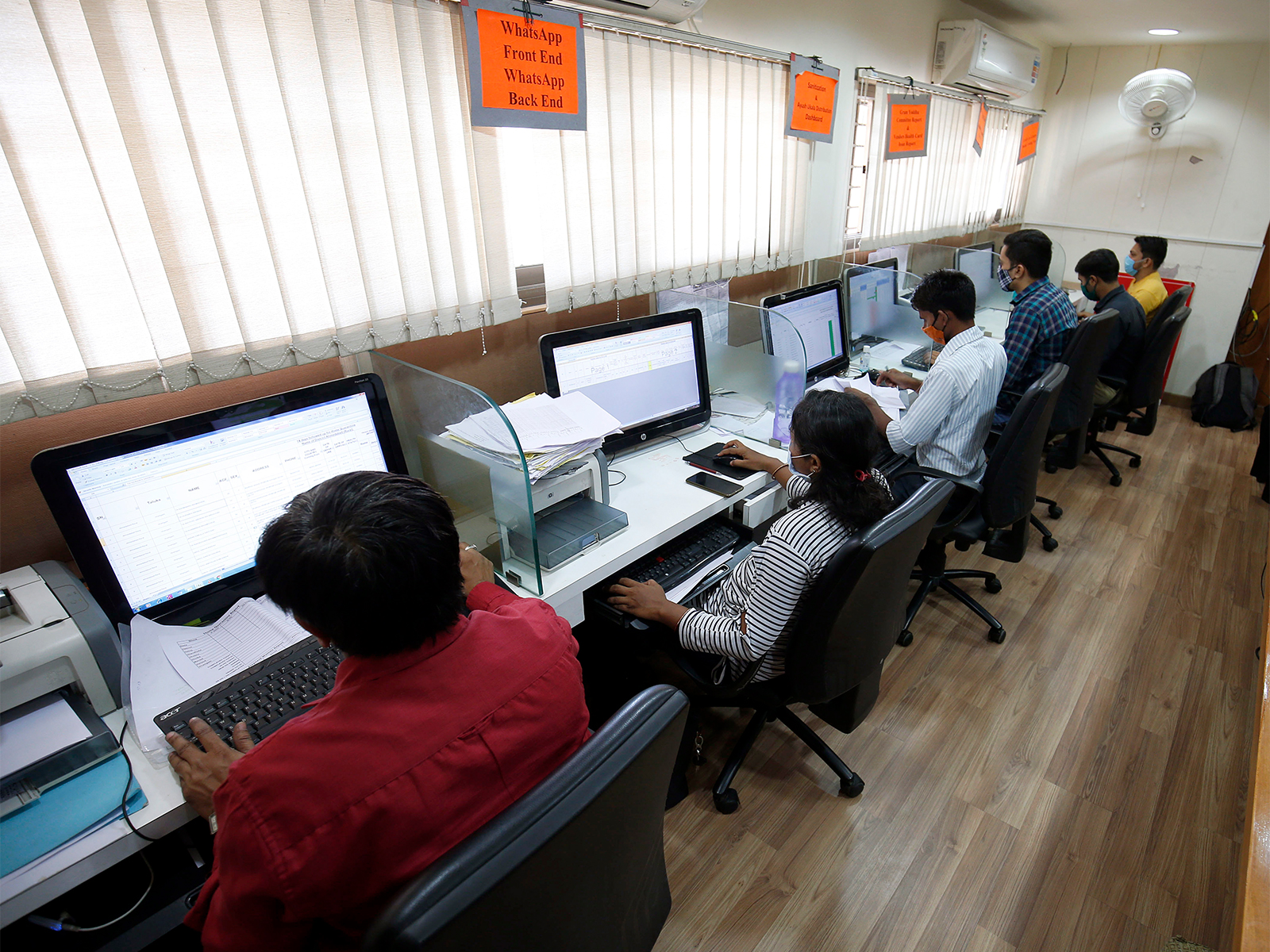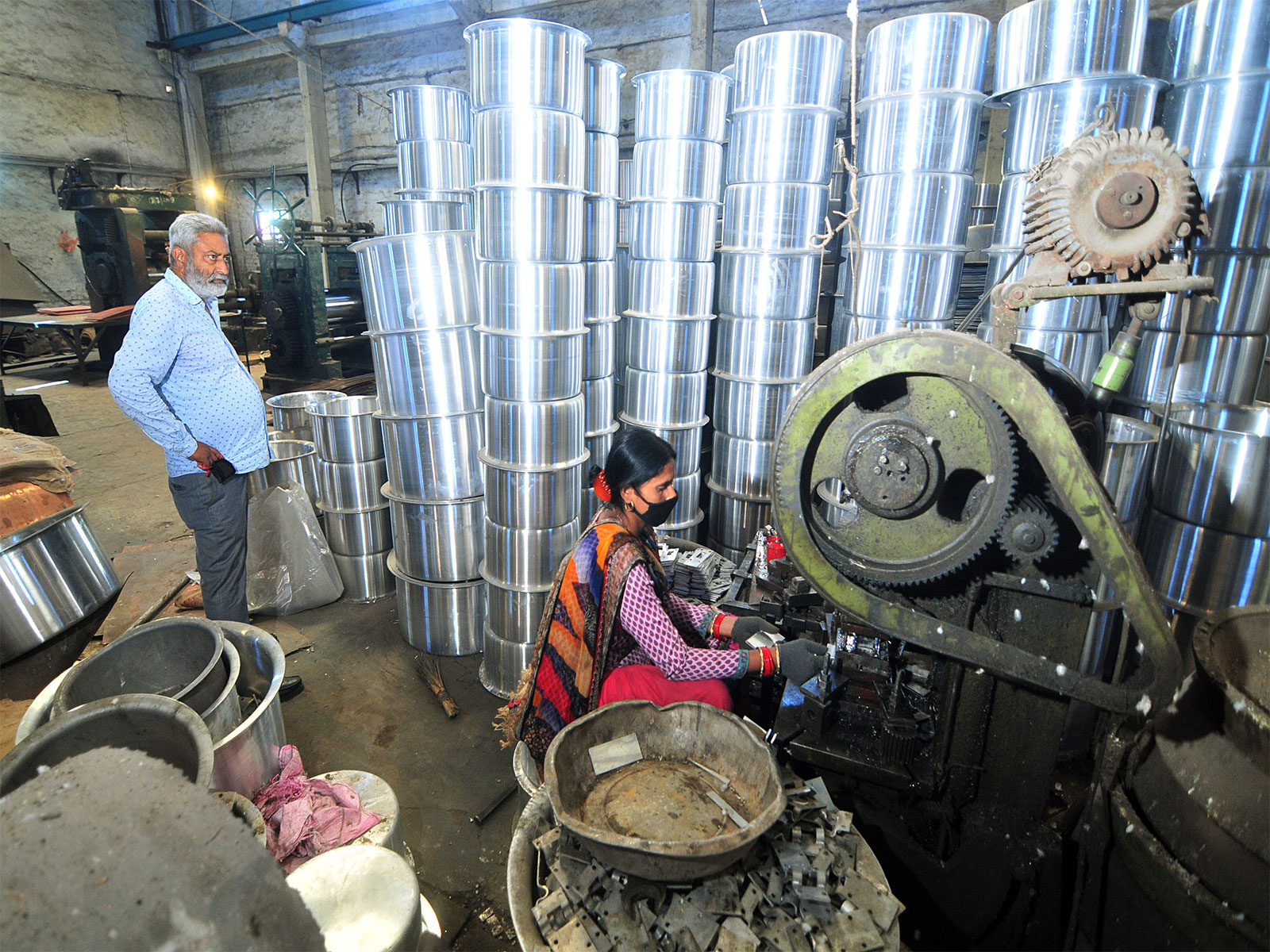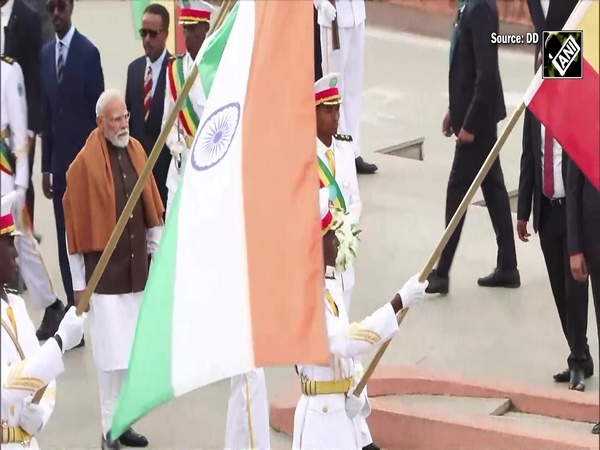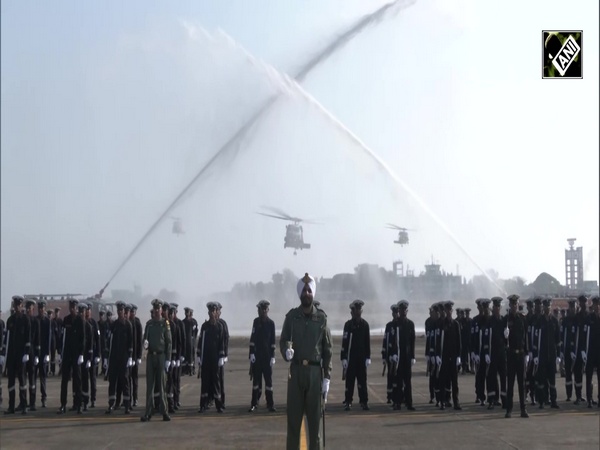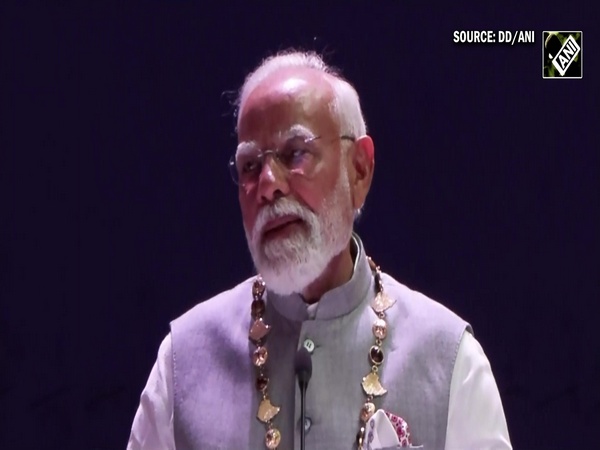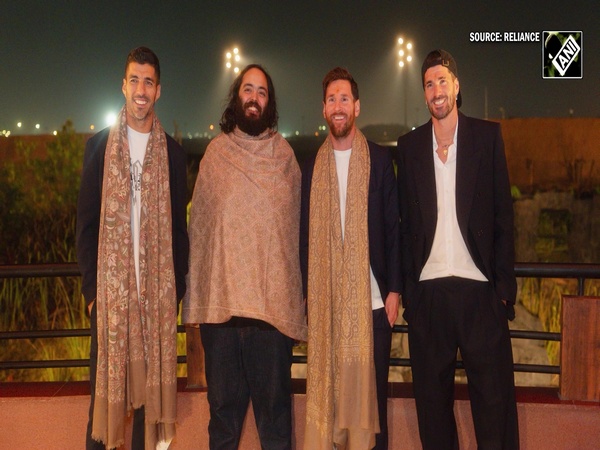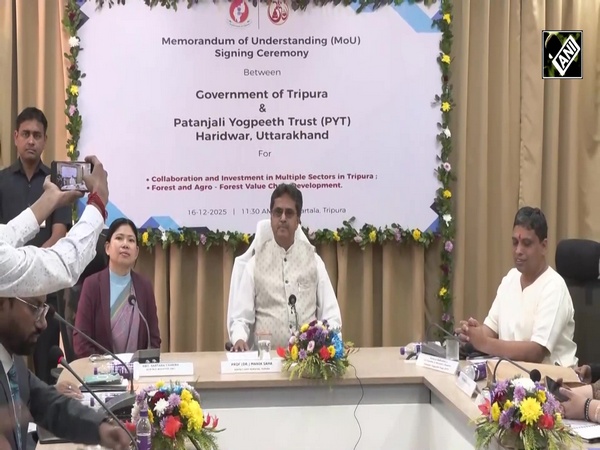New Year begins early for Nepal's Indigenous Tamang Communities
Jan 25, 2025

Kathmandu [Nepal], January 25 : Nepal's Tamang community in the capital has begun early celebrations of their New Year, Lhosar, with dancing, singing, and exchanging greetings.
The Tamang community will officially celebrate Sonam Lhosar, meaning New Year, on Thursday (January 30, 2025). However, early festivities have already started on the outskirts of Kathmandu. According to the Manjushree calendar, the 2861st year begins on January 30, 2025.
"Lhoshar means New Year, in order to welcome the new year which is approaching near- on 17th Magh (January 30, 2025), we have started early celebration," Mingmar Lama, one of the reveler in the celebratory event told ANI.
Sonam Lhosar is celebrated every year on the occasion of Magh Shukla Pratipada with various programs. The festival is divided into 12 cycles: Rat, Cow, Tiger, Rabbit, Dragon (Cloud), Snake, Horse, Sheep, Monkey, Bird, Dog, and Pig. This year, the Tamang community is celebrating the Year of the Snake.
"The upcoming one is year of snake. This keeps on changing and it is divided into various categories. We celebrate it praying for the well-being and prosperity," Mingmar added.
The festival is especially celebrated in districts of the Bagmati region, where the Tamang population is predominant.
'Lho' means year and 'Sar' means new or fresh if translated, and the word 'Sonam' refers to the Tamang people in Nepal. Thus the festival 'Sonam Lhosar' is the New Year event, according to the calendar followed by the Tamang people.
During the festival, homes and neighborhoods are cleaned, holy clothes are hoisted, and prayers are conducted by worshiping Lord Buddha. Lamas and gurus gather, and traditional dances are performed within the community.
"On the day of New Year, the married daughters return to their maternal home. They carry Roti, home brewed wines, corn husk and other delicacies, rejoice and celebrate. They sing songs, dance marking the new year," Buddhi Maya Tamang, another reveler told ANI.
People also take blessings from monks and elders for progress, prosperity, and happiness. The celebrations include extensive feasts, featuring dishes such as pork, duck, chicken, and sweet desserts prepared for family gatherings.
